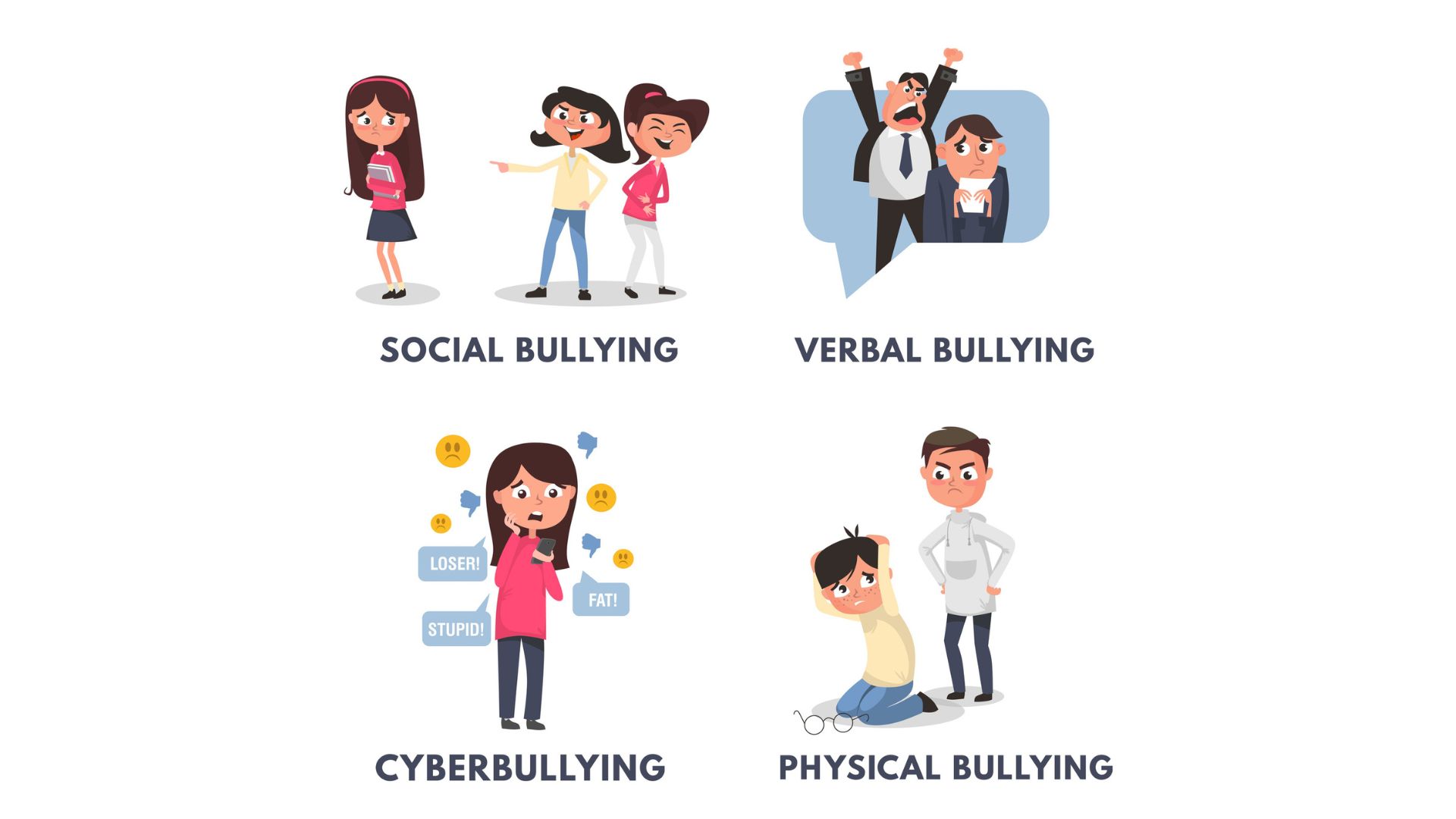In today's competitive job market, maintaining professionalism throughout your job search is crucial. One increasingly common misstep is 'candidate ghosting'—disappearing after applying or interviewing for a position. This practise can significantly impact your job prospects and professional reputation.
In this article, we'll explore why ghosting employers is detrimental to your career and provide practical advice on how to avoid it. By learning to navigate the job search process with courtesy and communication, you'll stand out positively in a crowded field of candidates.
Ghosting in job search refers to the practice of suddenly cutting off all communication without explanation. While traditionally associated with employers, candidates are increasingly ghosting employers during the hiring process. This behaviour includes disappearing after applying, not showing up for interviews, or even failing to start a job after accepting an offer.
According to a survey by Clutch, a B2B research firm, 41% of job seekers admitted to ghosting an employer during the hiring process. Additionally, a report by the Society for Human Resource Management (SHRM) revealed that 63% of HR professionals have experienced candidates ghosting them.
Ghosting can occur for various reasons:
According to recent studies, ghosting has become alarmingly common in the job market. This trend not only disrupts the hiring process but also damages professional relationships and reputations.
For job seekers, it's crucial to maintain open communication throughout the hiring process. If you're no longer interested in a position, it's best to inform the employer politely. This approach demonstrates job search etiquette and keeps doors open for future opportunities. Remember, the job market is interconnected, and maintaining a positive reputation is vital for long-term career success.
Ghosting employers, or abruptly cutting off communication during the hiring process, can significantly damage your professional reputation and future job prospects. According to a study, 72% of candidates share their negative experiences online, potentially tarnishing your image in the job market. This behaviour not only burns bridges with the current employer but can also close doors to future opportunities within your industry.
By ghosting, you might miss out on valuable roles that offer career progression or flexibility. Even if a particular position isn't the right fit, maintaining professional communication can lead to networking opportunities. Recruiters often remember candidates who demonstrate reliability and courtesy, potentially recommending them for future roles.
Ironically, ghosting can negatively affect your own job search motivation. The lack of closure and feedback from employers can leave you feeling uncertain about your performance and hinder your ability to improve your approach. This cycle of ghosting and being ghosted can lead to frustration and decreased confidence in your job search efforts.
Ghosting can severely damage your professional reputation, casting doubt on your integrity and accountability. Many companies are implementing formal anti-ghosting policies with clear consequences, which could affect your future employment prospects. Instead, maintain open communication, provide timely responses, and if you're no longer interested in a role, politely inform the employer. This approach demonstrates professionalism and keeps doors open for future opportunities.
When you disappear without a word, employers face significant challenges. According to a report, 78% of employers experienced candidate ghosting in 2023, up from 68% the previous year. This trend disrupts hiring timelines and wastes valuable resources.
Ghosting forces employers to restart their search, delaying the filling of crucial positions. This can lead to:
Employers may even keep records of ghosters, which could impact your future job prospects. Remember, the job market is interconnected, and your actions today may influence tomorrow's opportunities.
To combat ghosting, employers are implementing new strategies. These include:
By understanding the employer's perspective, you can appreciate the importance of professional communication throughout the job search process. Maintaining open lines of communication, even if you're no longer interested in a position, can help you build a positive reputation in your industry.
Candidate ghosting can severely impact your job search and future opportunities. To maintain professional reputation and stand out in a competitive market, follow these best practises for job search etiquette:
When contacted by a recruiter, request the job description and relevant information before submitting your CV. This helps you assess the role's suitability and avoid wasting time on unsuitable positions. If you decide not to proceed, politely inform the employer of your decision. Clear communication demonstrates reliability and respect for the recruiter's time, preventing candidate ghosting.
Understand the different types of recruiters (sourcing, talent acquisition, agency) and their distinct processes. This knowledge helps you set realistic expectations for communication and follow-up, reducing the likelihood of unintentional candidate ghosting.
If you don't hear back after an interview, avoid over-following up as it can be counterproductive. Instead, evaluate the situation and determine if further follow-up is appropriate. Strategic and well-timed follow-ups are more effective than numerous ones. Consider maintaining visibility through professional platforms like LinkedIn to stay top-of-mind without constant direct contact.
If you receive another job offer or decide the role isn't the right fit, be honest with the employer. According to surveys, these are common reasons for candidate ghosting. However, maintaining open communication can preserve your professional reputation and potentially lead to future opportunities.
By following these practices, you'll demonstrate professionalism and reliability, setting yourself apart in the job market. Remember, building positive relationships with employers can benefit your career in the long run, even if a particular role doesn't work out.
Maintaining engagement throughout your job search can yield significant long-term career benefits. According to Forbes, consistently following up with potential employers demonstrates your reliability and professionalism, qualities highly valued in the workplace. This behaviour sets you apart in a competitive job market, potentially leading to increased opportunities and career growth.
By staying engaged, you create opportunities to build meaningful professional relationships. These connections can prove invaluable for future job prospects or career advice. We suggests that maintaining contact with employers, even if you don't secure the position, can lead to unexpected opportunities down the line.
Continuous engagement allows you to stay informed about industry trends and company developments. This knowledge can be leveraged in future interviews or job applications, showcasing your genuine interest and commitment to the field. This approach can lead to a deeper understanding of your chosen industry, making you a more attractive candidate for future roles.
Following up after a job interview is crucial for maintaining a positive impression and staying on the employer's radar. Send a thank-you note within 24 hours of your interview, expressing gratitude for the opportunity and reiterating your interest in the position. This prompt action demonstrates your enthusiasm and professionalism.
If the employer provided a timeline for next steps, respect it. Wait until that timeframe has passed before reaching out. If no timeline was given, wait at least one week but no more than two before sending your first follow-up email. Keep your message brief and positive, with a subject line like "Job Title Interview - Any updates?".
Should you not receive a response, wait another week before sending a second email. Maintain a courteous tone throughout the process, avoiding any signs of frustration. Remember, your follow-ups not only keep you in consideration for the current role but also help build valuable professional connections for the future.
Being ghosted by a potential employer can be a disheartening experience, often leading to self-doubt and anxiety. However, it's crucial to remember that this setback doesn't define your worth or abilities. To rebuild your confidence, start by practising self-care. Maintain a healthy routine with proper nutrition, hydration, and sleep to boost your mental resilience.
Reframe the experience as a learning opportunity rather than a personal failure. Reflect on your strengths and past accomplishments to reinforce your self-belief. Consider creating a portfolio to showcase your work and skills, which can boost your confidence during future applications.
Stay connected with your support network. Sharing your experiences with trusted friends or family members can provide emotional support and valuable perspectives. Finally, take proactive steps in your job search. Optimise your CV, expand your skills through certifications, and continue applying for roles that align with your career goals. Remember, persistence and self-belief are key to overcoming setbacks and finding the right opportunity.
In today's competitive job market, maintaining professional communication is crucial. By avoiding ghosting and staying engaged throughout the application process, you demonstrate reliability and stand out positively.
Remember, following up professionally can open doors to unexpected opportunities and help build valuable connections. Embrace these best practices to enhance your job search experience and increase your chances of landing that ideal role.
Ready to put these tips into action? Start your job search journey with FastJobs today and find your next opportunity FAST!

In Singapore, remote work has grown into a lasting norm. Hybrid setups strike the best balance—offering flexibility and balance while reducing the risks of burnout, isolation, and generational gaps in workplace needs.
Read more
Toxic vibes at work? From gossip to sabotage, bullying hurts more than you think
Read more
Retail in SG is rising! Wage growth & skills training create new career paths. Explore jobs with FastJobs.sg.
Read more